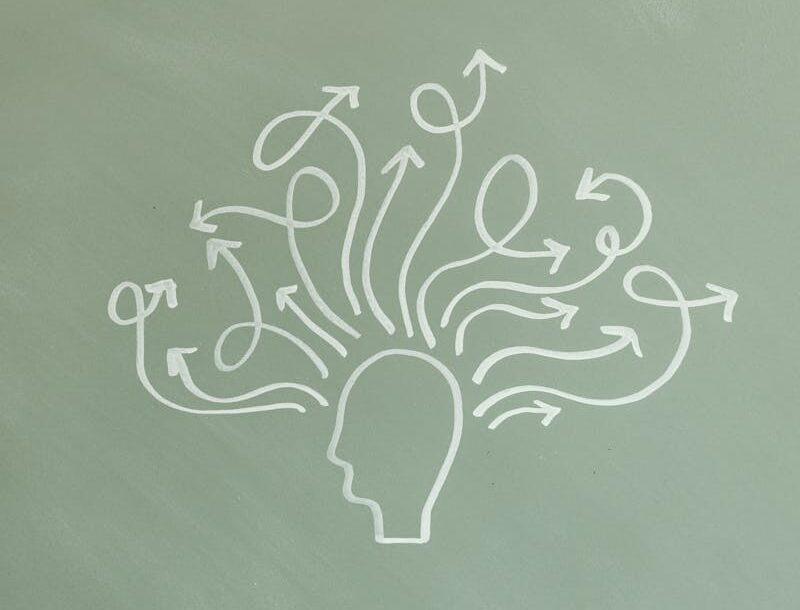Many people feel as if they are immersed in suffering. They may experience unexplained sadness, loneliness, struggle, or anger. Sometimes, tears fall without warning. We often hear that life is a mix of joy and sorrow, but for some, it seems like they can only feel the sorrow. Yet, they don’t seem particularly unfortunate—perhaps they have a complete family, a healthy body, and while not wealthy, they have never lacked necessities. Like many others, they went through school, graduated from university, and found a job. On the surface, nothing seems inherently wrong. But why is there still such deep suffering? Why does the chest feel heavy, as if weighed down by a massive stone? “When will this life finally end?”
But have you ever considered that being aware of this state is actually the first step toward happiness? In a way, we can be grateful that we are still capable of feeling pain. Pain is like an indicator light for our body and mind, signaling that something is off, that something needs to change. But what exactly is it?
Recognizing our pain is crucial. The first step is to acknowledge its existence rather than resist our emotions or tell ourselves, “I am not really suffering; this feeling is fake. After all, others say I have nothing to be sad about.” If we refuse to admit our pain, we won’t take action to alleviate it, nor will we seek help to address its root cause. Over time, what may have been simple issues at an earlier stage will grow more complex, making it increasingly difficult to live a happy life.
Healing begins the moment we honestly face our feelings. Through sincere self-reflection, we can recognize the thoughts that make us feel sad, embarrassed, or angry. We can identify what we truly love, what values we hold dear, the aspects of ourselves that shine, and, ultimately, our true selves.
Only by going through this process can change occur. When we stop subconsciously avoiding certain thoughts, we allow ourselves to confront them. When we realize that some problems cannot be solved alone, we permit ourselves to seek external help. When we recognize that we didn’t handle something well, we allow ourselves to accept our imperfections and see our strengths.
Moreover, only through self-awareness can we develop the ability to recognize the patterns or triggers that cause our suffering and take proactive steps to change our behaviors or environments.
Obstacles on the Path to Self-Awareness
We may encounter several challenges on the journey to self-awareness:
- The “Boiling Frog” Effect
In life, significant changes rarely happen all at once. Instead, small things gradually accumulate, subtly shifting our emotions and thoughts until they reach a noticeable threshold. Some people endure certain conditions for so long that they start to perceive them as normal. For example, someone experiencing chronic pain may come to see it as just another part of daily life, even though it significantly affects their well-being. - Avoidance
As social beings, we often define ourselves by labels and categories to gain a sense of identity and security. When our actions unconsciously deviate from these self-imposed labels, we may experience intense negative emotions. Some people, when confronted with distressing thoughts, may instinctively avoid them due to the emotional challenge or stress they bring. Instead of facing these feelings, they may choose distractions such as gaming, watching TV, eating, working, or doing household chores. - Lack of Knowledge
Some people may not have access to the information or resources needed to recognize and address their pain. Others might dismiss their struggles by assuming, “Everyone experiences this,” without fully understanding how their situation may differ from others’.
“Becoming aware of our suffering” is not something that happens automatically. Many factors can hinder our ability to process emotions and sensations. The journey is often uncomfortable, but it is essential. It is the starting point on our path to happiness and freedom. Only when we develop the ability to perceive ourselves with greater clarity can we use these emotions to understand our past, make the right choices in the present, and create a future that truly belongs to us.
A Gentle Reminder
If you encounter significant roadblocks during this process, consider seeking help from a professional coach. Additionally, if your situation is severe, it is advisable to consult a doctor or therapist for professional guidance.




